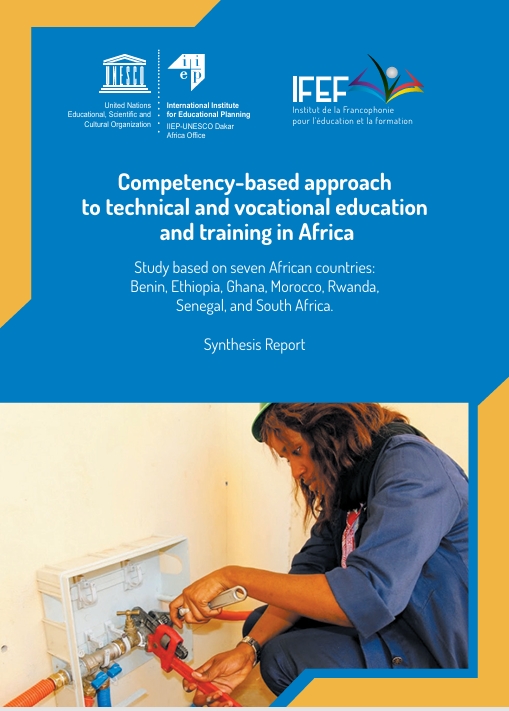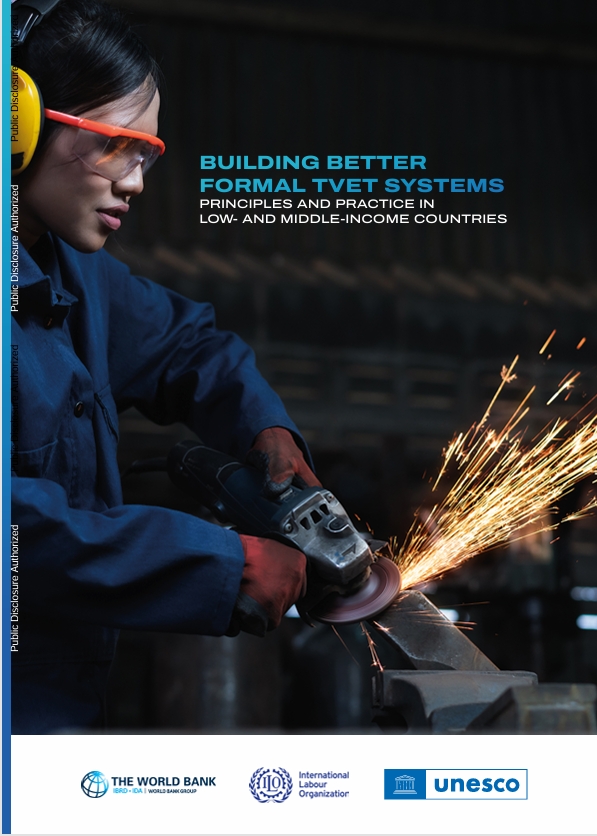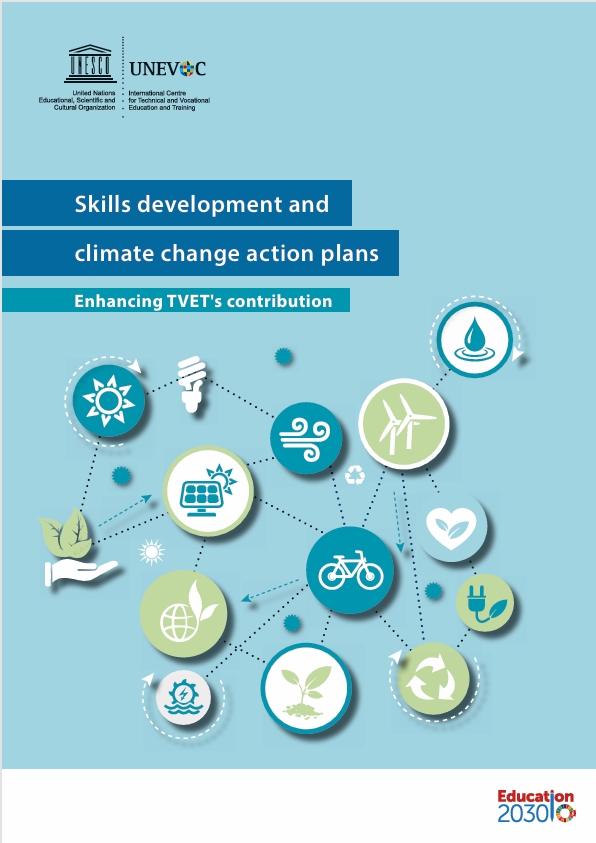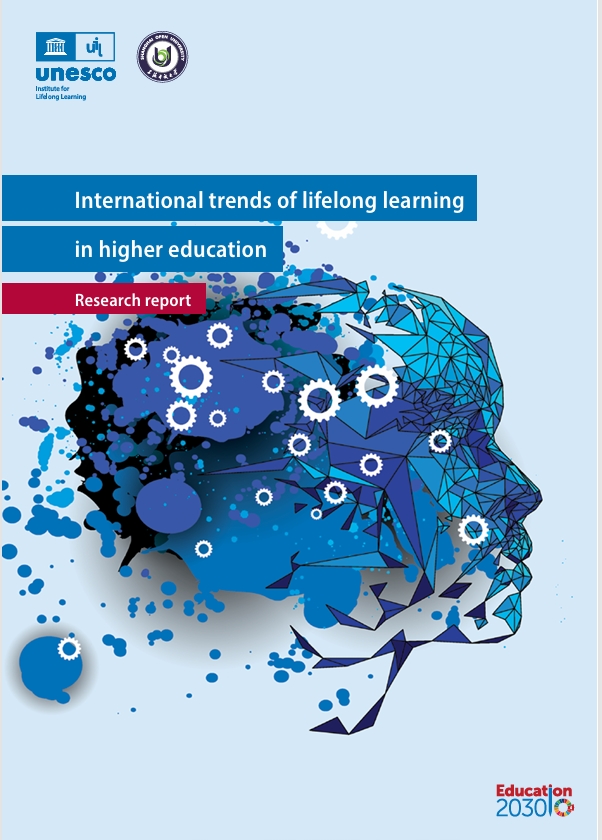ACKNOWLEDGEMENTS
This study on the contextualisation and adaptation of the competency-based training (CBT) approach in technical and vocational education and training (TVET) in seven African countries was conducted by a team of experts from UNESCO's International Institute for Educational Planning Africa Office (IIEP-UNESCO Dakar) and the Francophonie Institute for Education and Training (IFEF).The editors for IIEP-UNESCO Dakar were: Mr Naceur Chraiti (Head of the Vocational Training Expertise Platform – PEFOP), Mr Khalil Bahloul (TVET training expert), Ms Sonia Michaud (consultant) and Mr Xavier Rosy (consultant). For IFEF, the following editors were involved: Ms Barbara Murtin (Coordinator of the Youth Training and Employment program), Mr Éric HUBY (Vocational Training and Employment expert), and Ms Lena DIOP-WATT (Program Officer at the Youth Training and Employment program).
IIEP-UNESCO Dakar and IFEF provided technical and financial support for this study and wish to express their heartfelt gratitude to all public and private sector stakeholders and technical and financial partners (TFPs) who took part in its preparation.
The focal points appointed by the vocational training ministries of all seven countries provided significant support in the organisation of various field trips in the framework of the study. These focal points include Ms Gerda Magnus, Acting Deputy Director General, TVET, Department of Higher Education and Training (DHET) in South Africa, Mr Bergin Toliton, Inspector General of Education at the Ministry of Secondary, Technical and Vocational Education and Training (MESTFP) in Benin, Dr Fred Asamaoh, Director of the Council for Technical and Vocational Education and Training (COTVET) in Ghana, Ms Imane Ikradine, Head of the Department of Primary and Secondary Sector Programs of the Secretariat of State for Vocational Training in Morocco, Mr Debebe Bizuneh of the Federal TVET Agency (FTA) in Ethiopia, Ms Valentine Uwamaliya, Deputy Vice-Chancellor in charge of Training – Department of Institutional Development and Research, Rwanda Polytechnic (RP), in Rwanda, and Mr Abdou Fall, Director of Vocational Training at the Ministry of Labour, Vocational Training and Crafts (MEFPA) in Senegal. We would like to commend the commitment and motivation shown by the various stakeholders met throughout the study process.
We would also like to express our gratitude to all the other national stakeholders from the organisations listed in Appendix 5 who took part in this study.
This work was supported by Mr Guillaume Husson (Head of the IIEP-UNESCO Dakar Office). Mr Jonathan Jourde, Communication and Knowledge Management Officer, and Ms Leonie Marin, Communication Expert, IIEP-UNESCO Dakar, oversaw preparations for the publication of the report.






